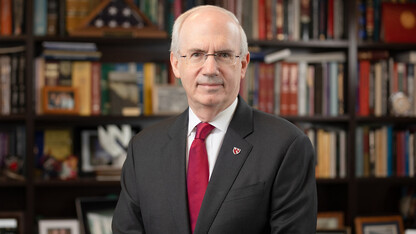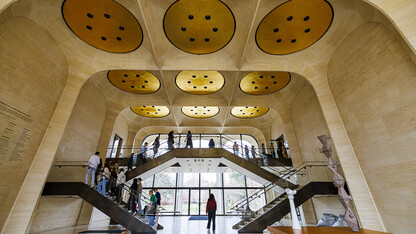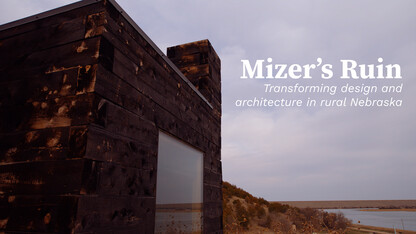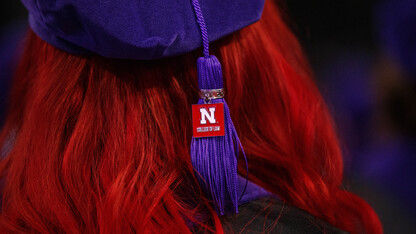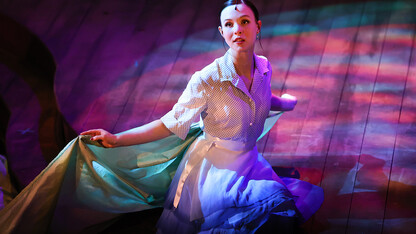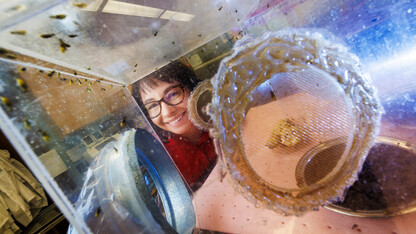· 4 min read
Graduate scholar works with families to promote early childhood science
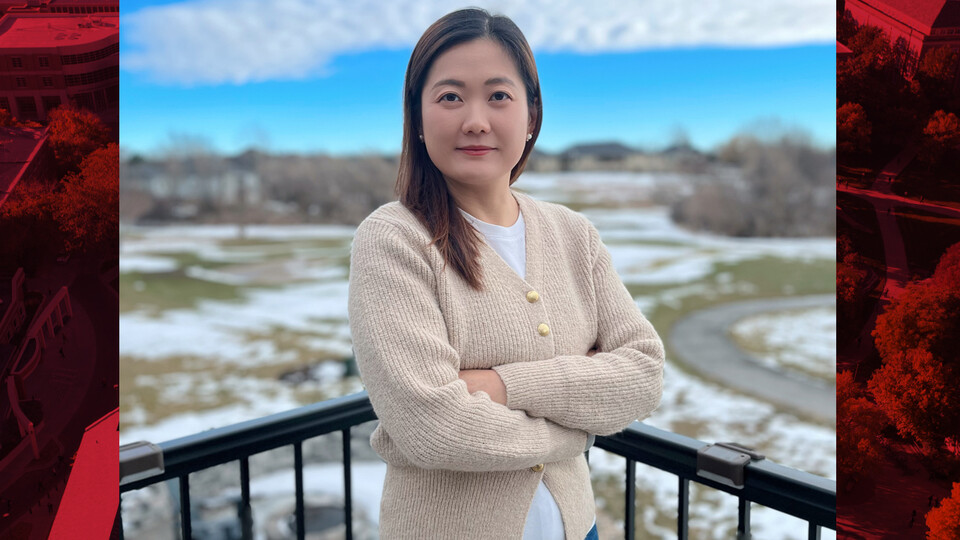
When Yao Yao prepares at-home science lessons for young children and their families, she keeps it simple.
Microwaveable popcorn, an apple, a melting popsicle, a recycled bottle — these cheap and easily accessible household items can help children understand the building blocks of larger scientific concepts, like matter, energy, the lifecycle, and chemical reactions.
Parents sometimes think they need “fancy tools or expensive materials” to explain science to their children, Yao said. They aren’t always comfortable or confident answering all those “why” questions from their children or believe that science education is best left to trained teachers.
“We don’t expect preschool children to understand complex science concepts,” Yao said. “Early childhood science is basically children exploring their environment and understanding how the world works. I want to let (parents) know science learning is everywhere in our everyday life. It’s not in the lab.”
Early childhood science learning and how families support children’s learning at home are research interests of Yao, a doctoral student in the Department of Child, Youth and Family Studies at the University of Nebraska–Lincoln.
Her research into these topics is supported by the Graduate Scholars program at the University of Nebraska’s Buffett Early Childhood Institute.
Doctoral students within the NU system can now apply for the next round of Graduate Scholars funding. Applications are due March 31. Recipients of this one-year fellowship can receive up to $25,000 to support their research on the development, education, and well-being of young children, prenatal to 8 years old.
Learn who’s eligible for the program and how to apply.
In past years, scholars have used the funding to examine a range of topics related to early childhood, including childhood food allergies, the release of microplastics from baby products, the early math skills of preschoolers, mindfulness strategies for parents, and vegetable preparation and consumption in child care programs.
“The Graduate Scholars program offers an excellent opportunity for students to be a part of a research community with whom they reflect on their research projects and share innovative and constructive ideas and feedback,” said Soo-Young Hong, an associate professor in UNL’s Department of Child, Youth and Family Studies and Yao’s faculty mentor.
“It also enables scholars to implement ambitious and impactful studies that tend to require a lot of resources while focusing solely on their dissertation and other dissemination work during the last year of their doctoral study.”
Yao’s project was spurred in part by her work as a student teacher at the Ruth Staples Child Development Lab, which deepened her interest and understanding of early childhood science. She spent a lot of time watching children explore their environment and engaged in interactive discussions with children about their observations and questions.
“It’s so rewarding when children use the knowledge they learned from the classroom and apply it in their daily life,” she said.
She’s now studying how parents can use specific activities and conversation strategies to support the science learning of preschool-age children. Yao said that being selected for the Graduate Scholars program “is a great opportunity” to fund and finish her research project and expand the reach of her work.
For several months, she’s been working with five families from the Educare Lincoln early childhood program.
Yao prepares simple science kits — an activity exploring the five senses might involve tasting salt, vinegar, sugar, and water — and works with parents on prompts they can ask their children. These conversation strategies include plenty of open-ended questions—how, why, what.
Before and after the study, she assesses the child’s science knowledge and skills to measure the impact of their parent’s science talk. She’s also seeing if parents develop more positive attitudes about science learning.
Based on her future findings, Yao said she might create a science education pamphlet for early childhood teachers and families or provide parents or early childhood teachers trainings on high-quality conversation strategies to engage children in science learning.
“I want parents to have a new outlook on early childhood science,” she said.
